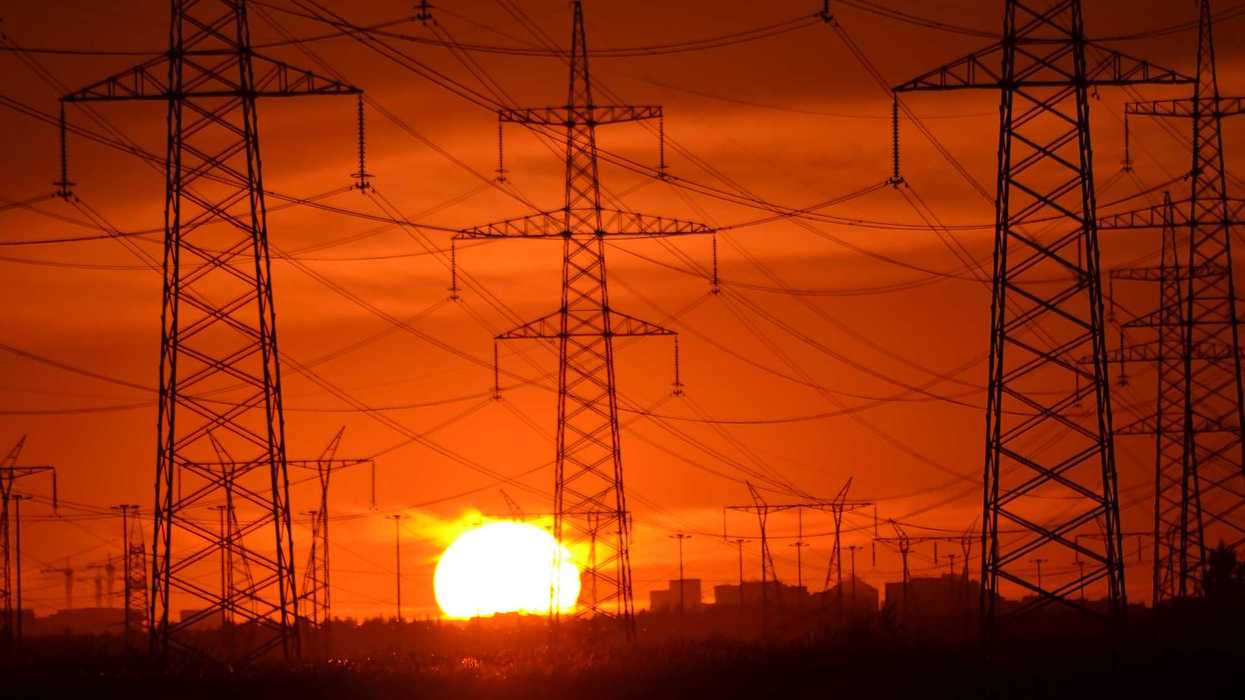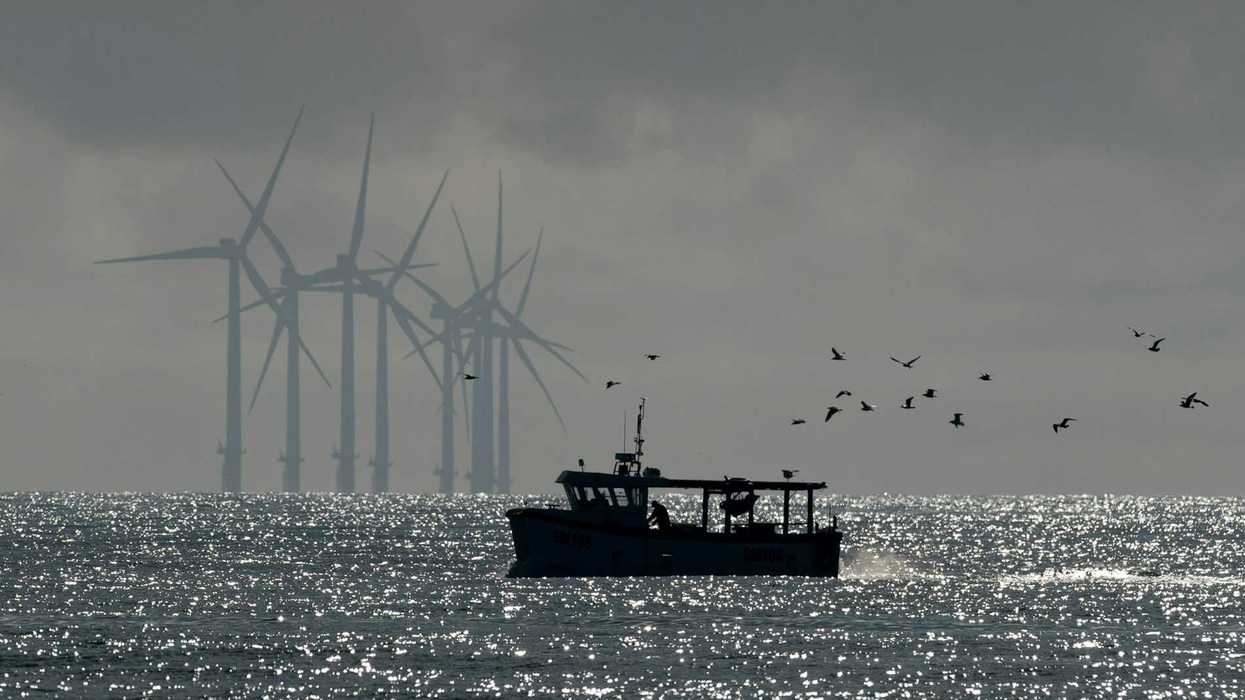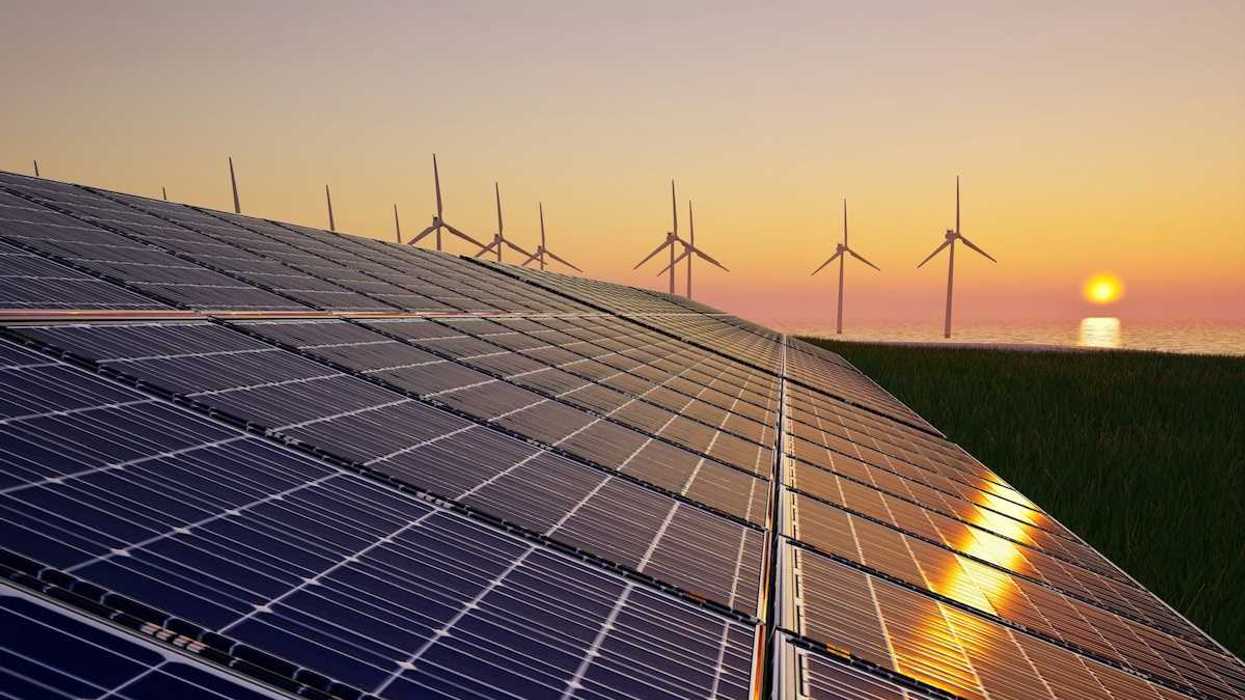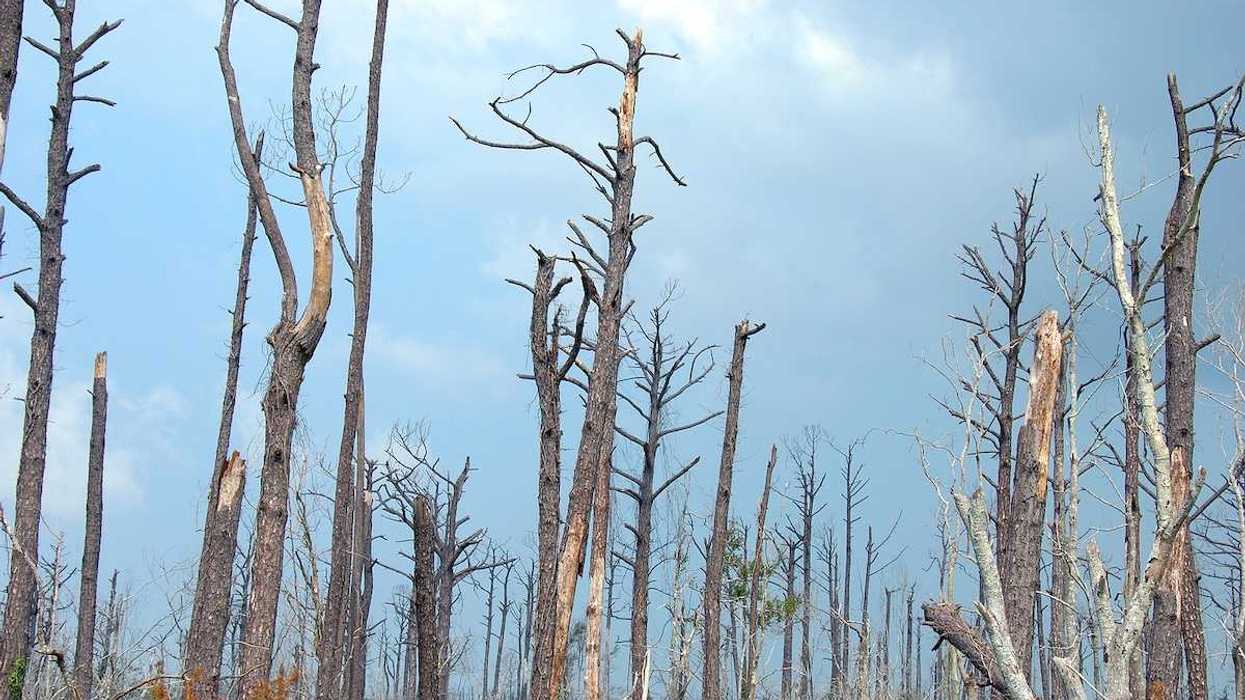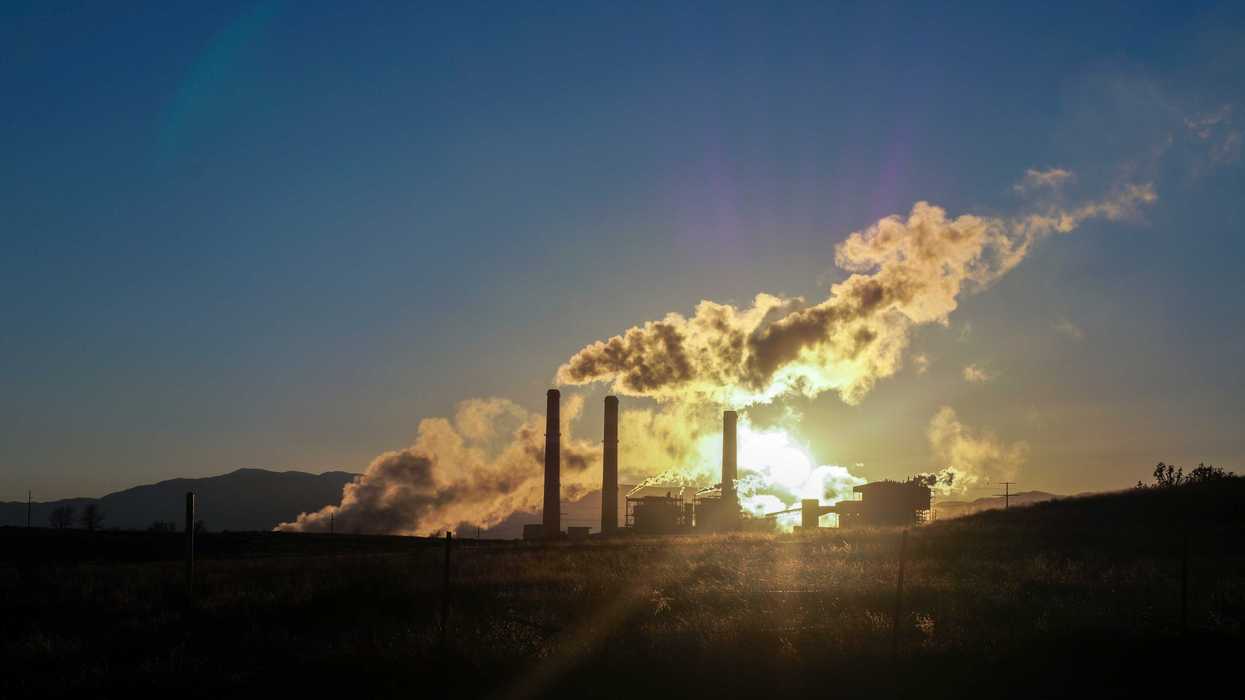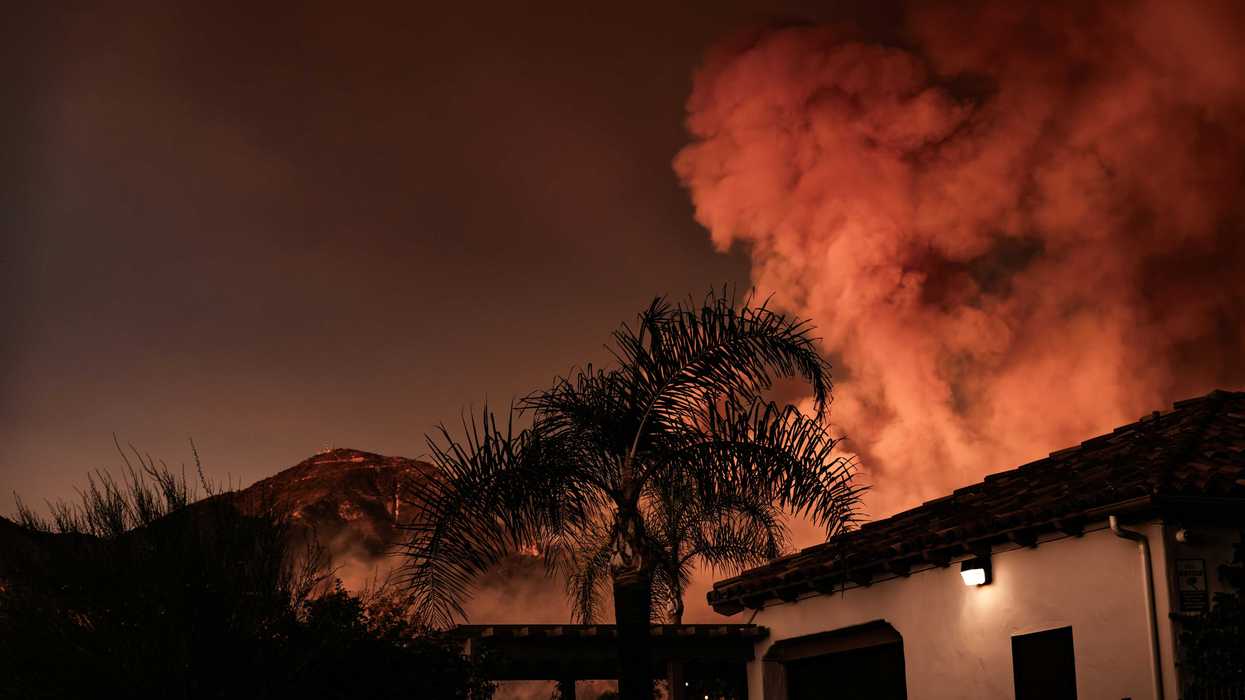An unusually mild winter has left the Great Lakes virtually ice-free, prompting scientists to investigate the potential ecological consequences of this anomaly on regional ecosystems.
Todd Richmond reports for the Associated Press.
In short:
- Michigan Tech University biologists' study cut short due to insufficient ice for landing planes on Lake Superior.
- Iceless Great Lakes could lead to warmer waters, affecting fish populations, and increasing algae blooms and shoreline erosion.
- The lack of ice presents challenges and opportunities for fisheries, with varying effects on commercial operations.
Key quote:
“There’s just no way you can predict how an ecosystem is going to respond to the large-scale changes we’re looking at.”
— Trista Vick-Majors, assistant biology professor at Michigan Tech
Why this matters:
The health implications of these environmental shifts are significant, potentially altering fish populations crucial for diets and local economies. This trend is a microcosm of broader climate change issues, underlining the urgency of understanding and adapting to these evolving patterns.
Be sure to read: It's not weather – it's climate disruption.



